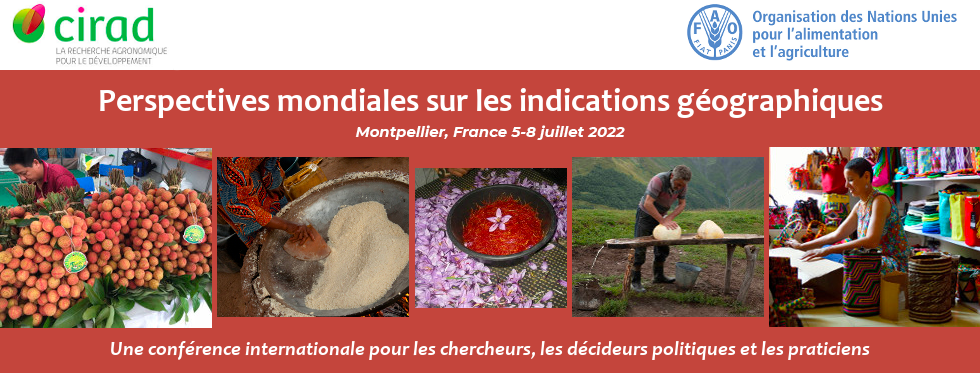A New World for Geographical Indications
The progressive extension of sui generis GI protection to contending territories
Alexandra Nightingale, Swiss Federal Institute of Intellectual Property
Erik Thévenod-Mottet, Swiss Federal Institute of Intellectual Property
The introduction and the development of a sui generis system for the protection of geographical indications (GIs) have largely been analysed both at a broader conceptual level in terms of policies and/ or legal frameworks, and through case studies on GI products. These studies have covered many countries, mostly developing ones, where GI schemes were often a politically welcomed novelty from the end of the 1990s onwards, and were frequently accompanied by technical assistance from European countries.
This paper sheds light on quite a new field of development in the long-standing and ongoing international contentions around GIs. Countries that had previously not been politically favourable (and may still not be) to the recognition of GIs as a specific category of intellectual property (IP), let alone would even consider GIs as a tool for purposes of public policy, are shifting course on the provision of protection. These countries are notably those that are often grouped together under the term “New World” (Australia, New Zealand, Canada and the United States). Others historically also aligned with this position include South Africa, Singapore, Japan, South Korea and Taiwan.
The research is placed against the backdrop of the differing policy objectives and strategies of the European Union (EU) and the United States (US). Both have pushed their interests in a contended race of free trade agreements (FTAs) over the last decade since negotiations within the World Trade Organization came to an impasse in 2008.
The recent developments in Canada, South Africa, Singapore and Japan form the main corpus of this research, but the on-going FTA negotiations involving Australia and New Zealand with the EU will be included as well. In addition to an examination of the form and level of protection offered in newly established regimes for GIs, we seek to document and compare the processes under which these developments arose. This includes inter alia information provided by the government on GIs during public consultations and any responses submitted by relevant interest groups. Further, the effective use and implications of the established registries is analyzed both for foreign and domestic GIs. This serves to assess the registries' integration in national legal and institutional systems, as well as their sustainability.
Having explored this on-going major shift in the international balance of those who have employed a sui generis registration system for GIs and those in opposition to the recognition of GIs as a specific category of IP, we evaluate the implications towards the compatibility or harmonization between systems for the protection of GIs at the overall international level. To this end, harmonization could either contribute to or be the result of a future common international understanding of the very concept of a GI.



